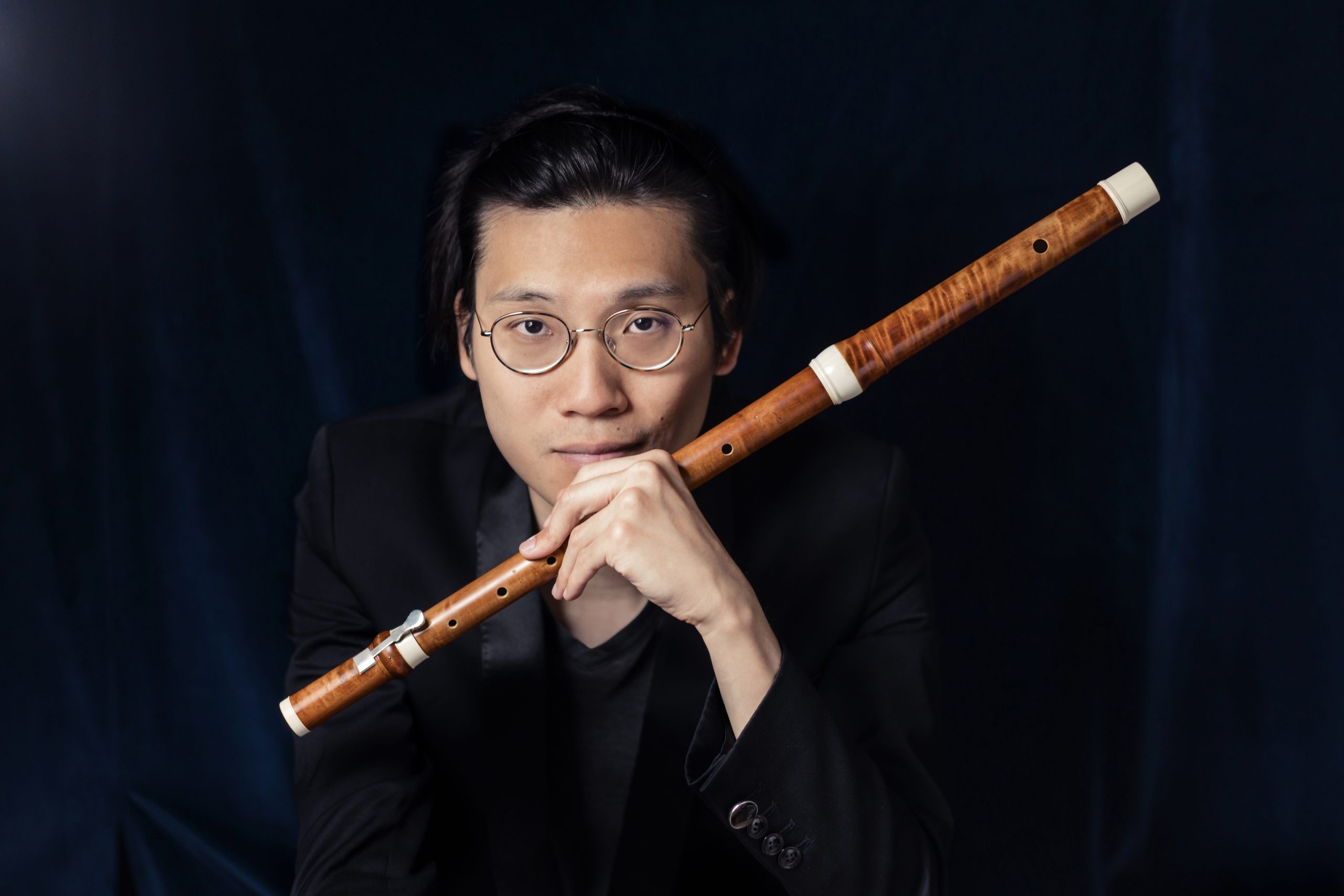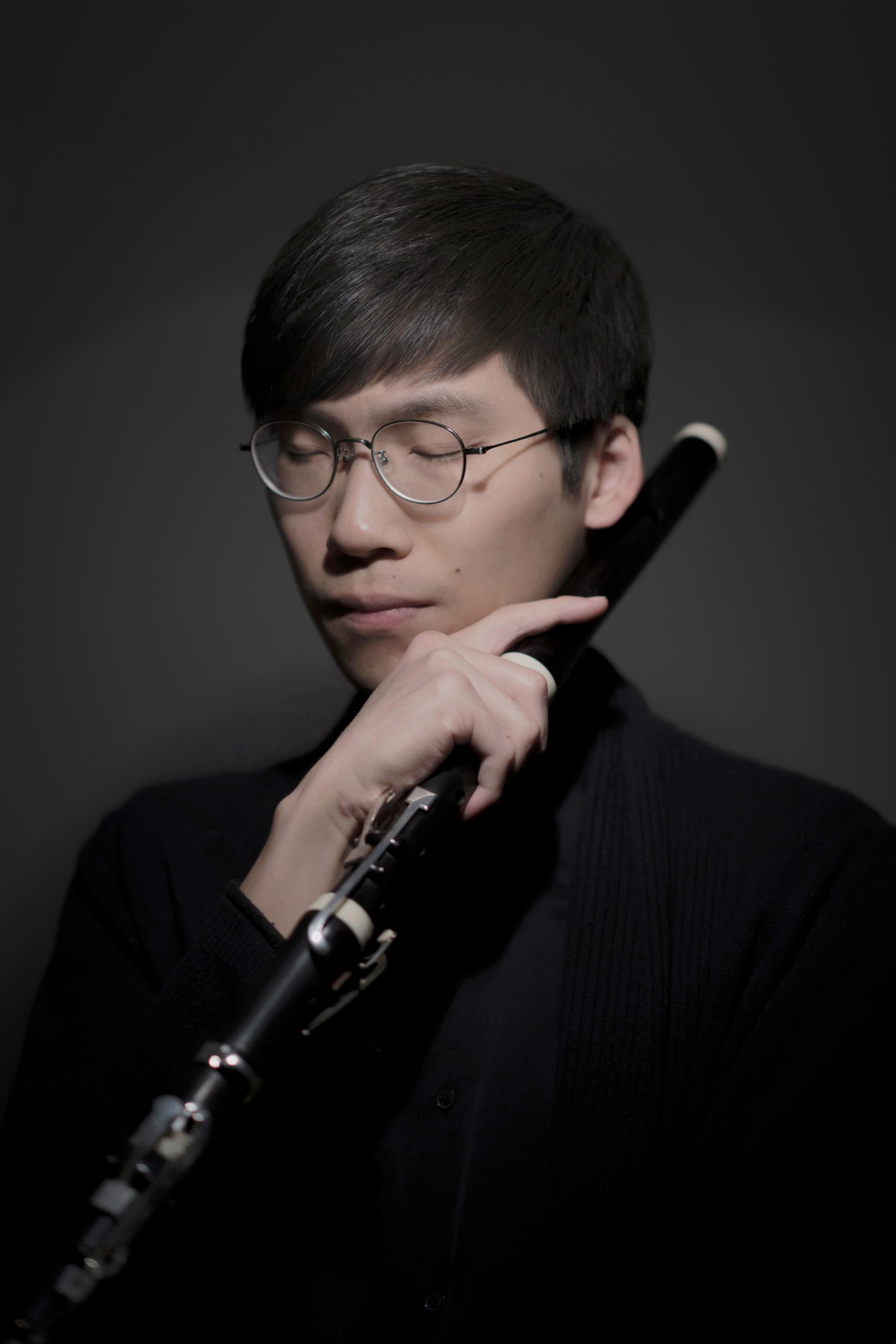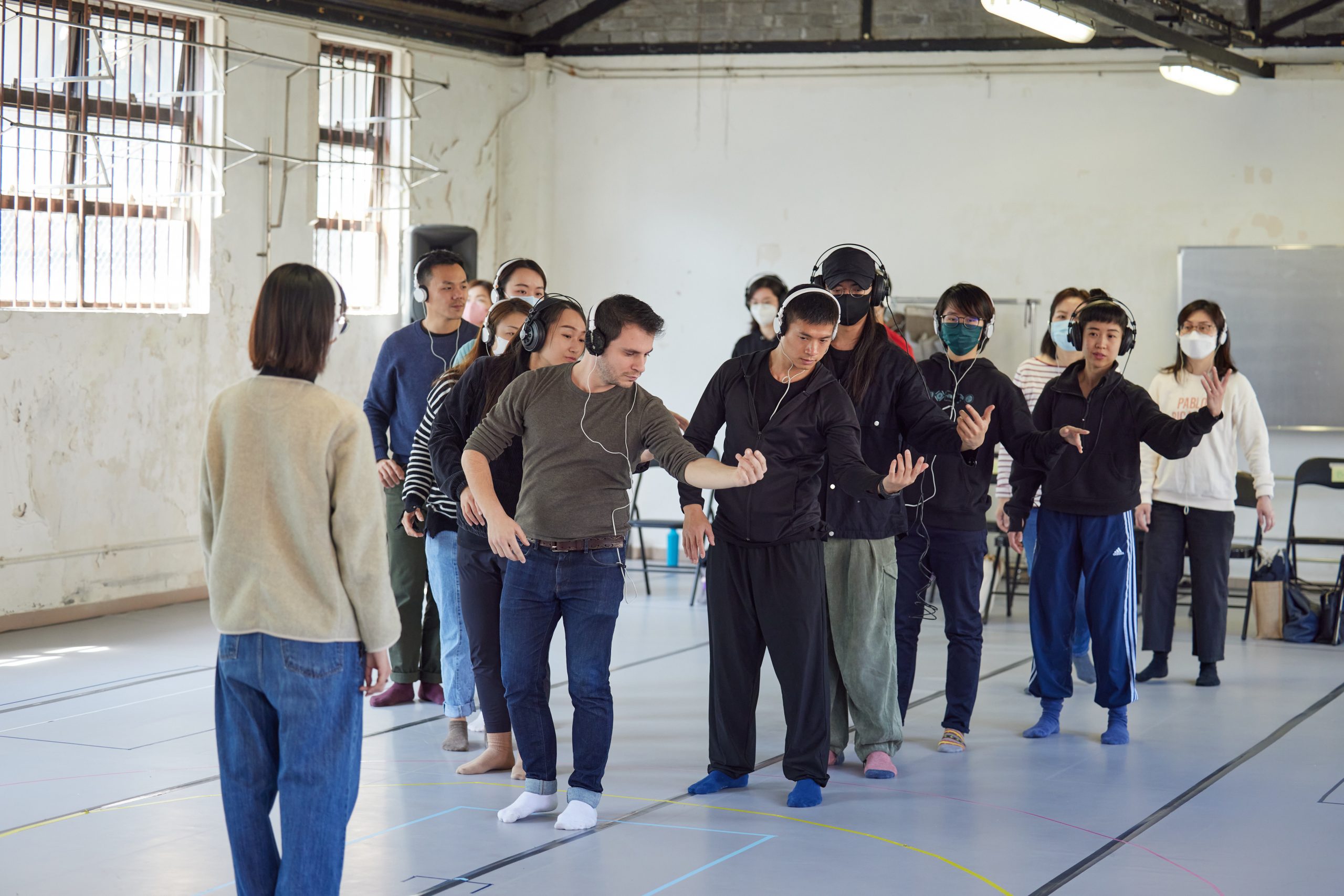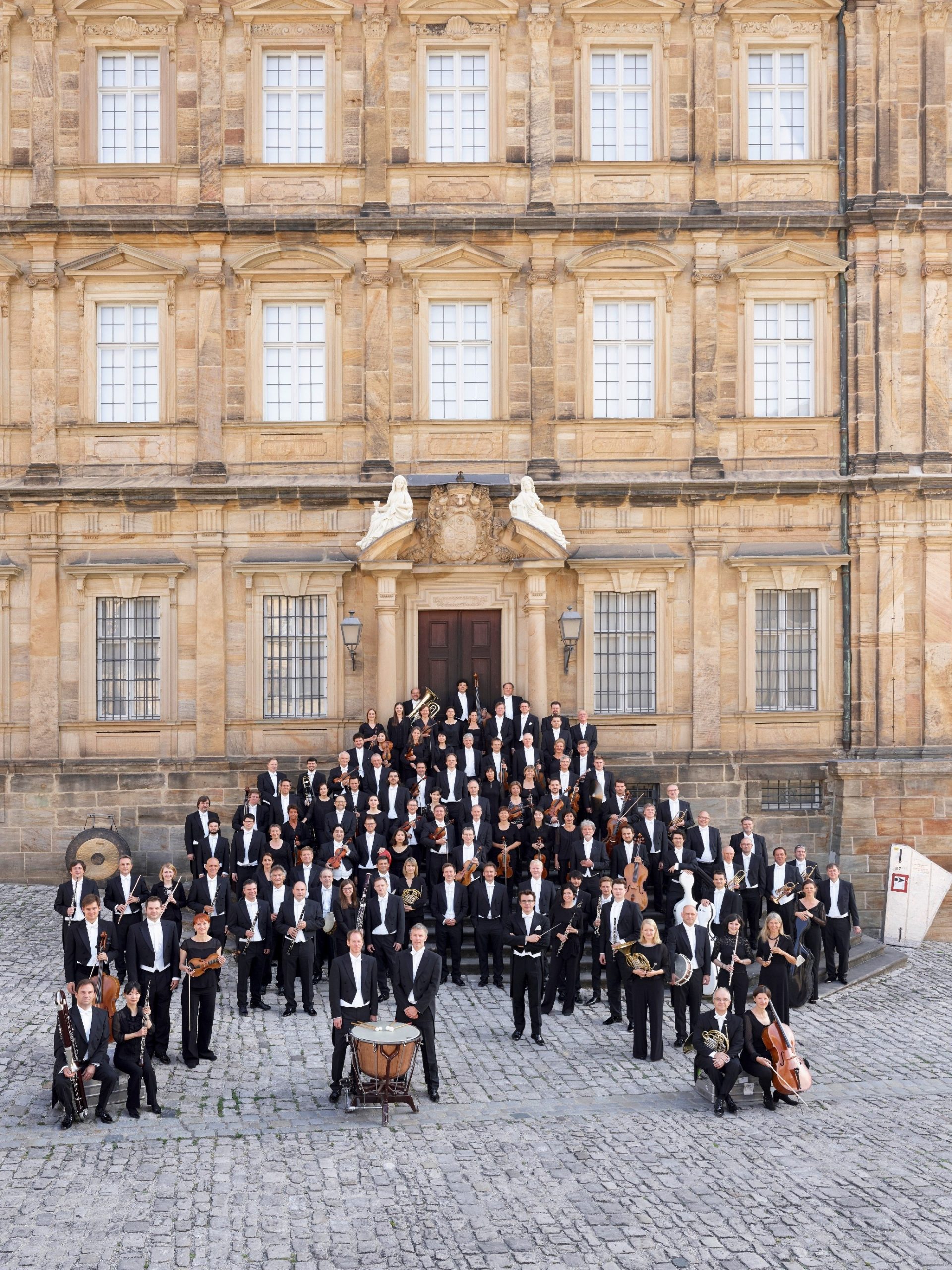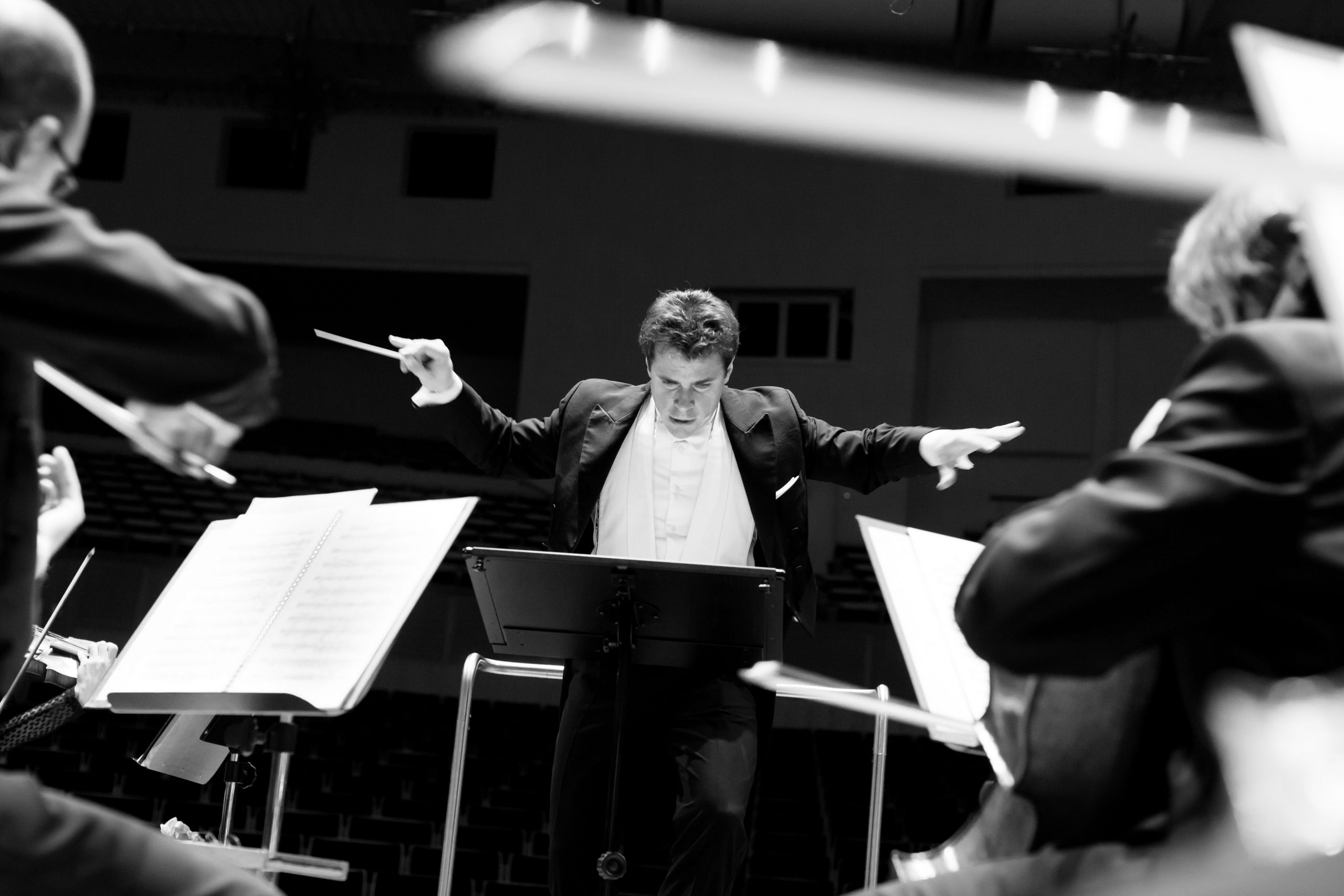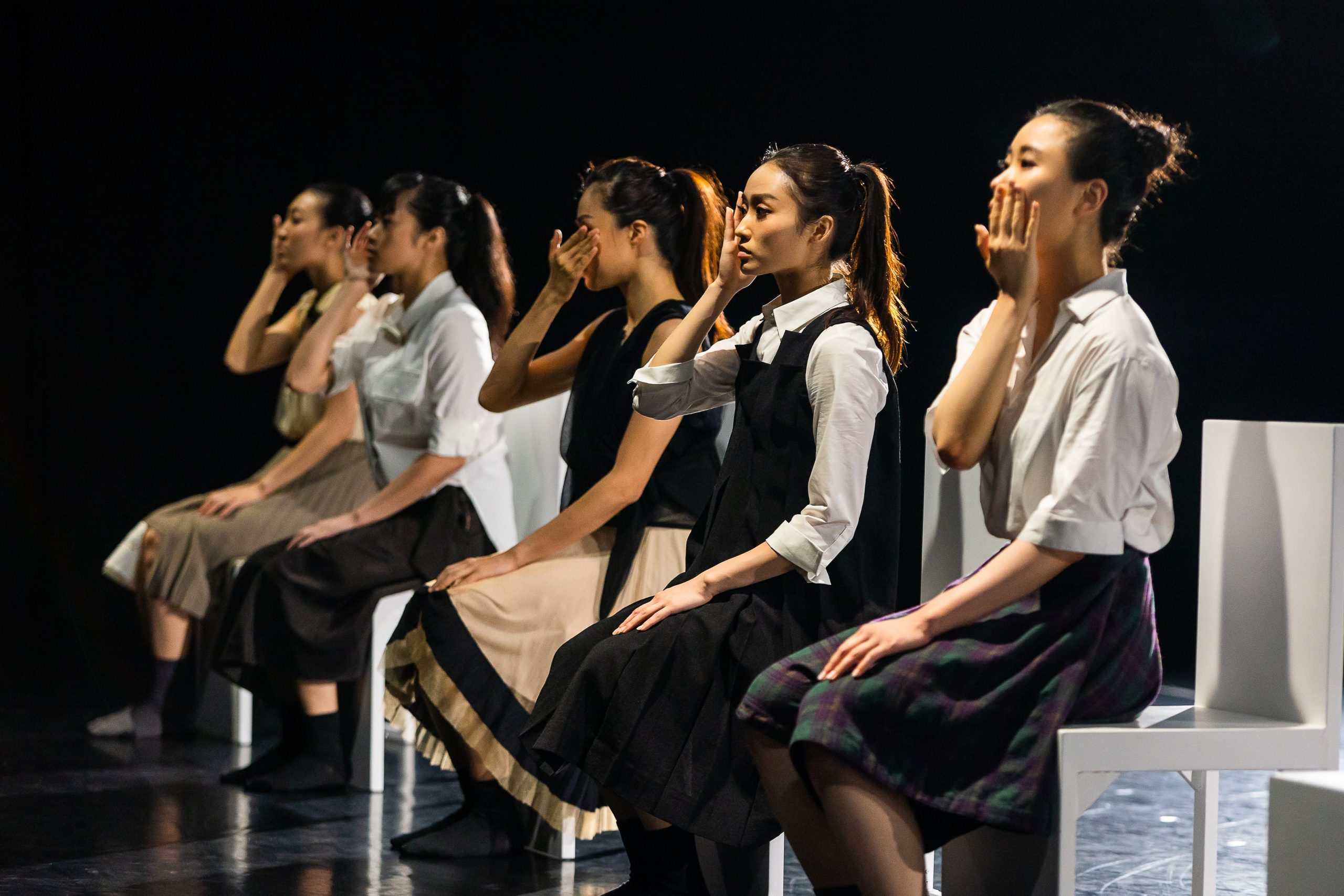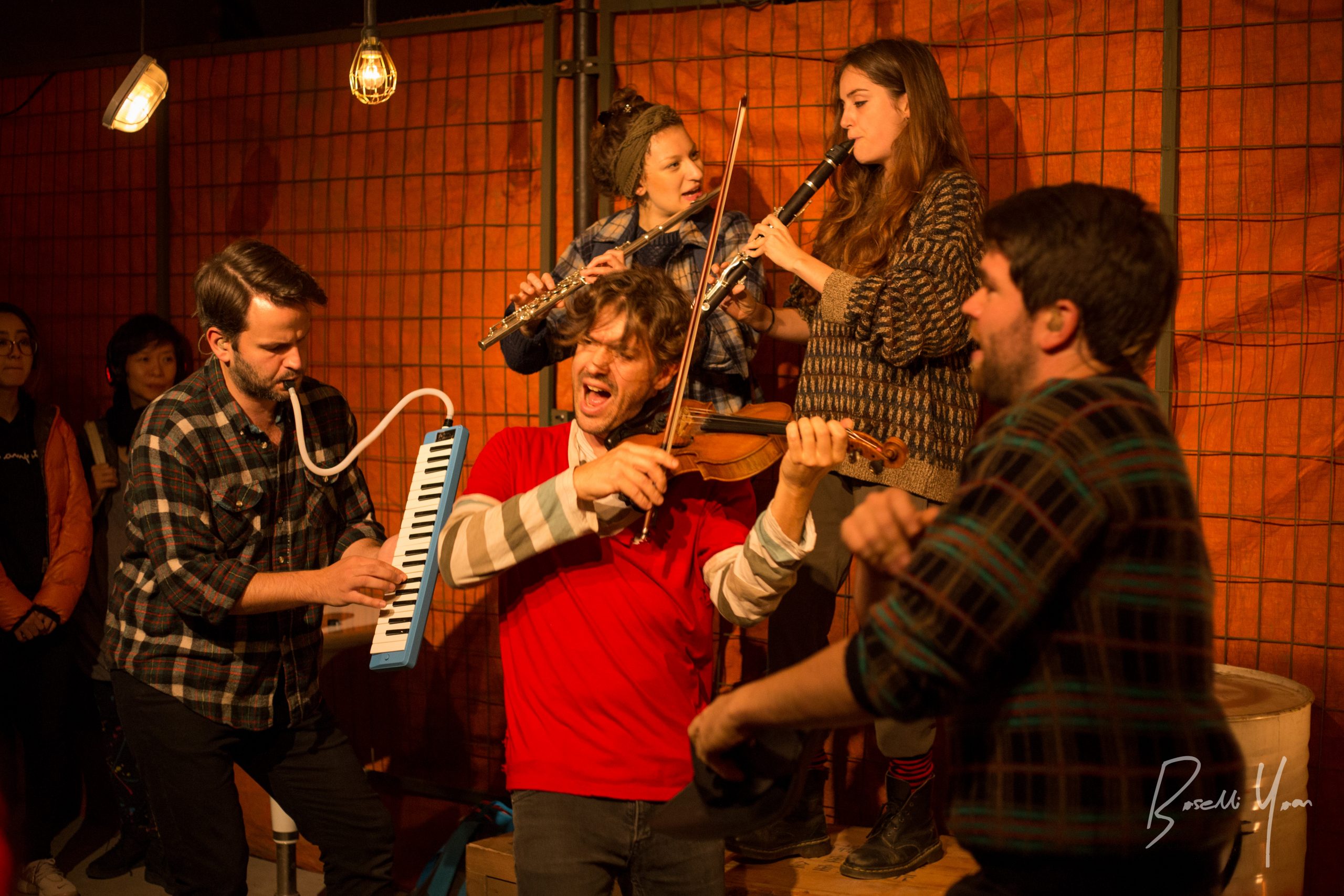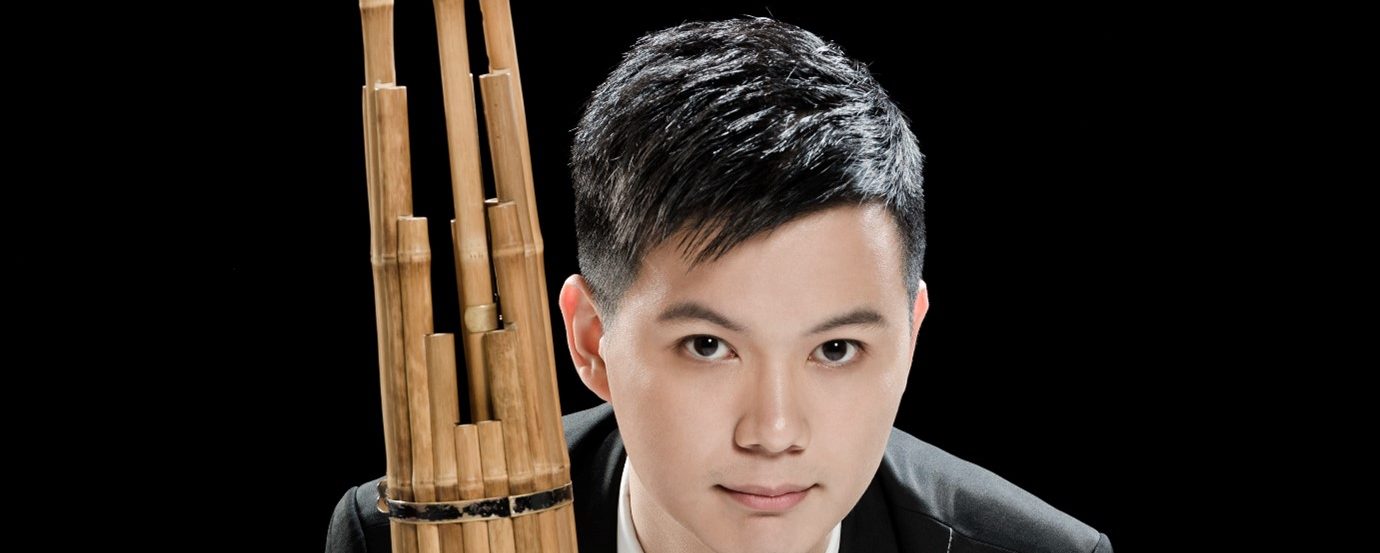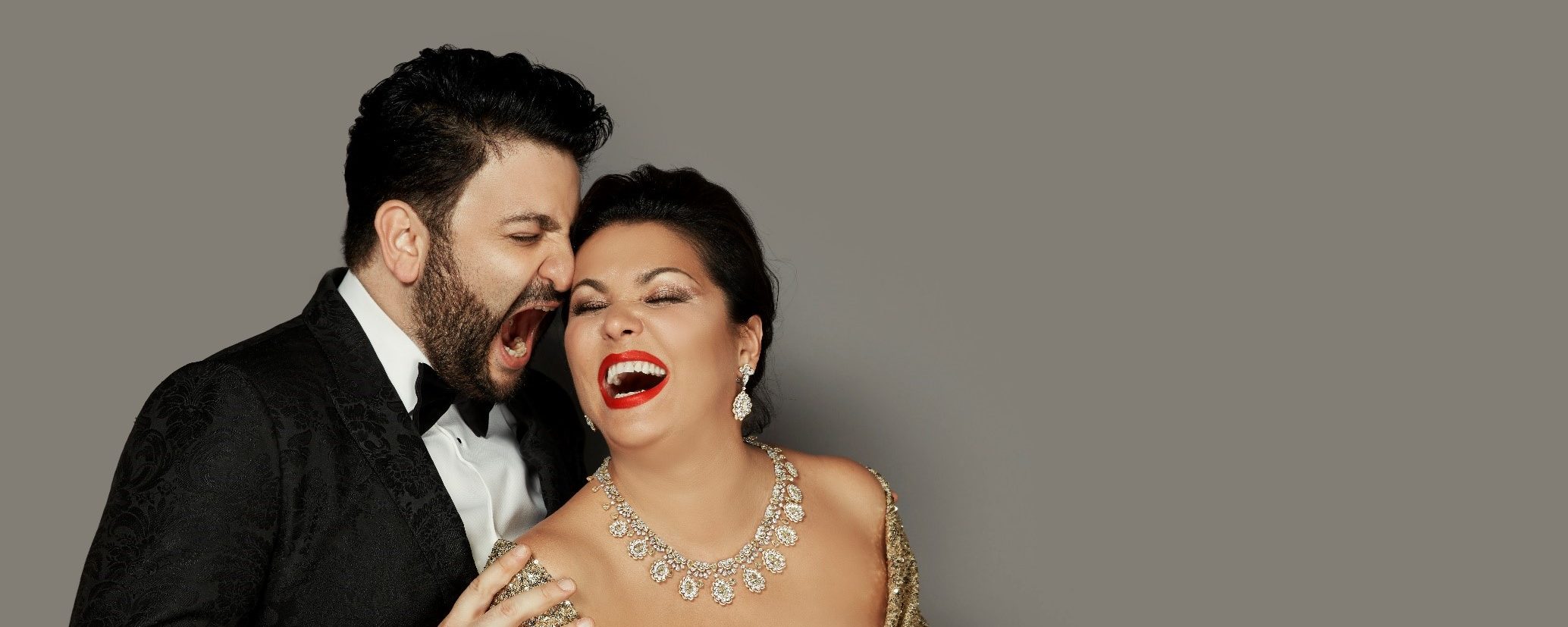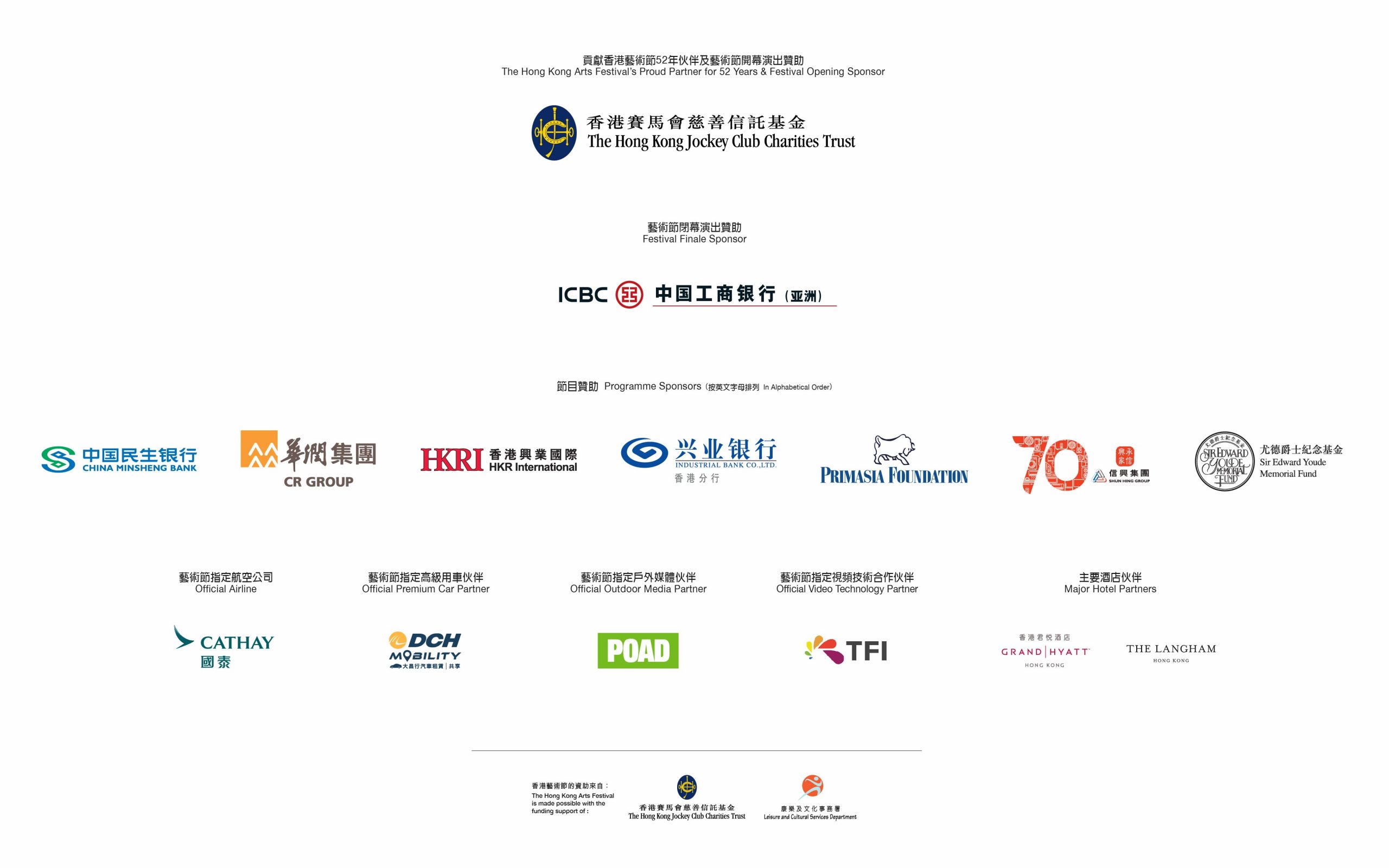The Western flute is an instrument with a long history: bone flutes have been discovered in ancient caves around Europe, and the Hebrew and Christian Bible tells us that these instruments were created by Jubal, a descendant of Cain. Humans have obviously had a long love affair with this instrument, as it has been refined throughout the centuries. However, how do we expect musicians today to interpret the tradition of the flute in modern times? At the Hong Kong Arts Festival, one locally born artist will attempt to answer this question during a special programme.
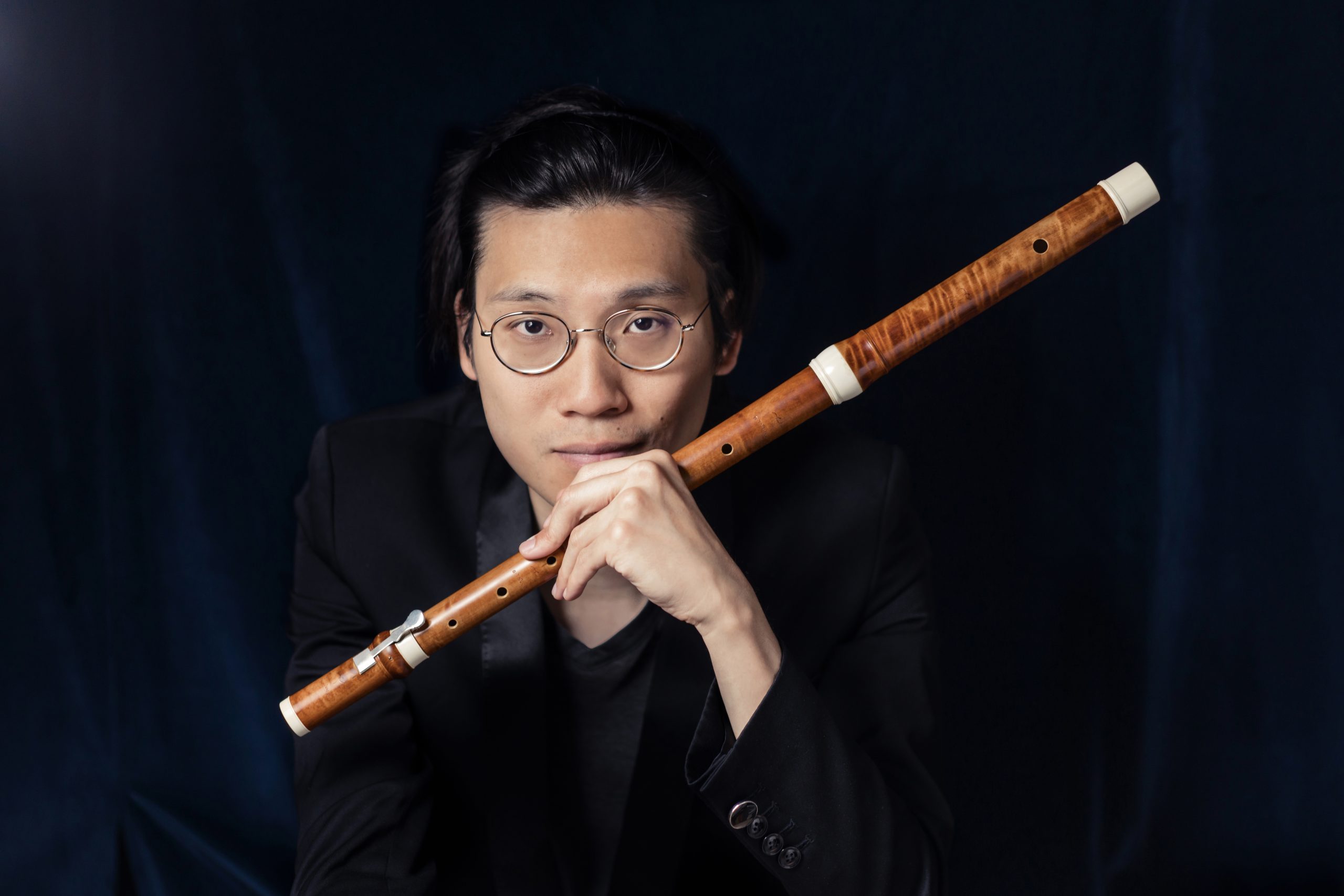
Flautist Yat-ho Tsang, who studied historical flutes in the Netherlands and Germany, owns instruments from different eras such as a Baroque flute, a Romantic flute and a Böhm flute, to name a few. Tsang says: "I want to understand the composers' intentions with the instruments that they wrote for. Flutes from different periods have different fingerings and timbres. This makes the composers' intentions clearer. Theobald Böhm's Grand Polonaise in D is a perfect example: the original version, when played on a Classical flute, poses a great challenge to the performer. And I am just going to do just that at this year's Hong Kong Arts Festival and let the audience experience Böhm's original musical thoughts." This is also the reason why Tsang is devoted to pursuing what is known as the historically informed performance practice. He said: "We can of course also understand the music with modern instruments to a great depth. However, the question is that if the instruments from the composer's era are available, why don't we use them to explore the possibilities (or constraints) that modern instruments do not possess?"
In two concerts of Triptych for Flute—Tsang Yat-ho in Le Jardin des muses, Tsang will be presenting music "tailor-made" for flutes from different eras. For the first concert of this series, Tsang has selected four works all in the key of B minor. He explains: "The fingering for notes in B minor is a big challenge on Baroque flutes, yet J.S. Bach wrote a lot of music for the flute in this key, so I strongly believe this key has a special meaning to the instrument." This concert will allow the audience to explore how composers expressed themselves differently with the same key. And with his Classical flute, Tsang will perform Beethoven's Sonata in G Major, Op. 30, No. 3, arranged for flute by Beethoven's contemporary flautist composer Louis Drouet. He will also perform Reinecke's Flute Sonata in E minor, Op. 167, Undine on his Böhm flute. This is one of his favourite pieces in the programme, "as the Romantic flute allows many more possibilities in terms of fingering and it allows more artistic choices of timbre. Unfortunately we cannot alter the tuning of the fortepiano halfway through the concert, so I will be playing the Böhm flute instead, as Reinecke himself performed it with flautists using the same system."
Tsang will later join forces with harpsichordist and fortepiano player Torsten Mann in presenting the history of flute development to the audience at the Hong Kong Arts Festival.
Regarding the interpretation of flute tradition, Tsang explains that European audiences are quite accustomed to the HIP practice. "This reflects their history and culture. So therefore people are appreciative and cherish performances with historical instruments." But the Hong Kong audience will be in for a new experience, as we witness the interaction and exchanges between musicians and different cultures in our own concert hall.
Triptych for Flute—Tsang Yat-ho in Le jardin des muses
Detail: https://www.hk.artsfestival.org/en/programme/triptych_for_flute
